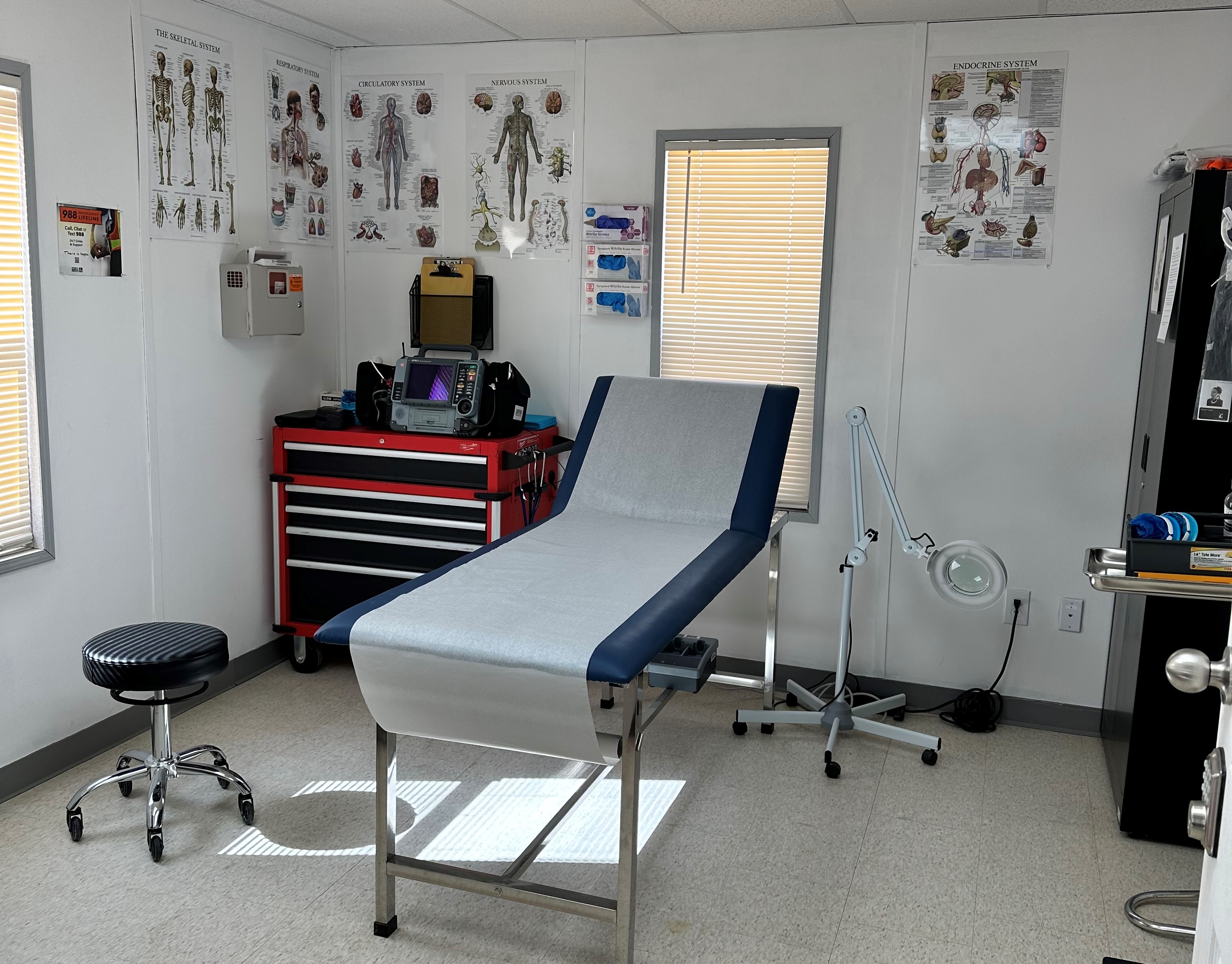
Physical Exams for Employees
Many positions will require their employees to schedule a physical, whether it be before or during their employment. MMC offers a variety of physical exams at our Bethel Park location.
DOT
A DOT physical is meant to determine whether or not someone is fit to drive a commercial motor vehicle (CMV). It typically consists of a vision test, a hearing test, a blood pressure check, and a review of the participant's medical history to check for any preexisting conditions that could make it difficult for them to drive. The requirements to pass are set by the Department of Transportation (DOT).
Crane Operator
Similar to the DOT physical, a crane operator physical determines whether or not an individual can safely operate a crane. It typically consists of a vision test, a hearing test, and a review of the participant's medical history. It may also require a substance abuse test.
Pre-Employment
A pre-employment physical is a general examination that determines how physically or mentally suited a potential candidate is for the position they're applying for. The specifics of these tests can vary depending on the job being applied for.
Fit-For-Duty
A fit-for-duty physical exam is similar to a pre-employment physical, except it applies to current employees instead of potential ones. These exams are common for labor-intensive positions and are often performed after the employee has recovered from a serious injury. The specifics of these tests vary depending on the position and its requirements.
Asbestos
Asbestos physicals are exams performed on workers in asbestos-heavy environments. Because exposure to asbestos can contribute to lung cancer, mesothelioma, and other respiratory issues, it's crucial to check employees for the first signs of asbestos poisoning. These exams typically consist of a respiratory exam, chest X-rays, and a medical history view.
Silica
Similarly to an asbestos exam, a silica physical exam is meant to ensure that an employee isn't suffering from exposure to silica. When inhaled, silica dust can cause lung cancer, kidney disease, and other debilitating issues. The exam typically consists of a physical exam, tests for specific issues caused by inhaling silica, chest X-rays, and a medical history review.



